Mon-Sat 9am-7pm


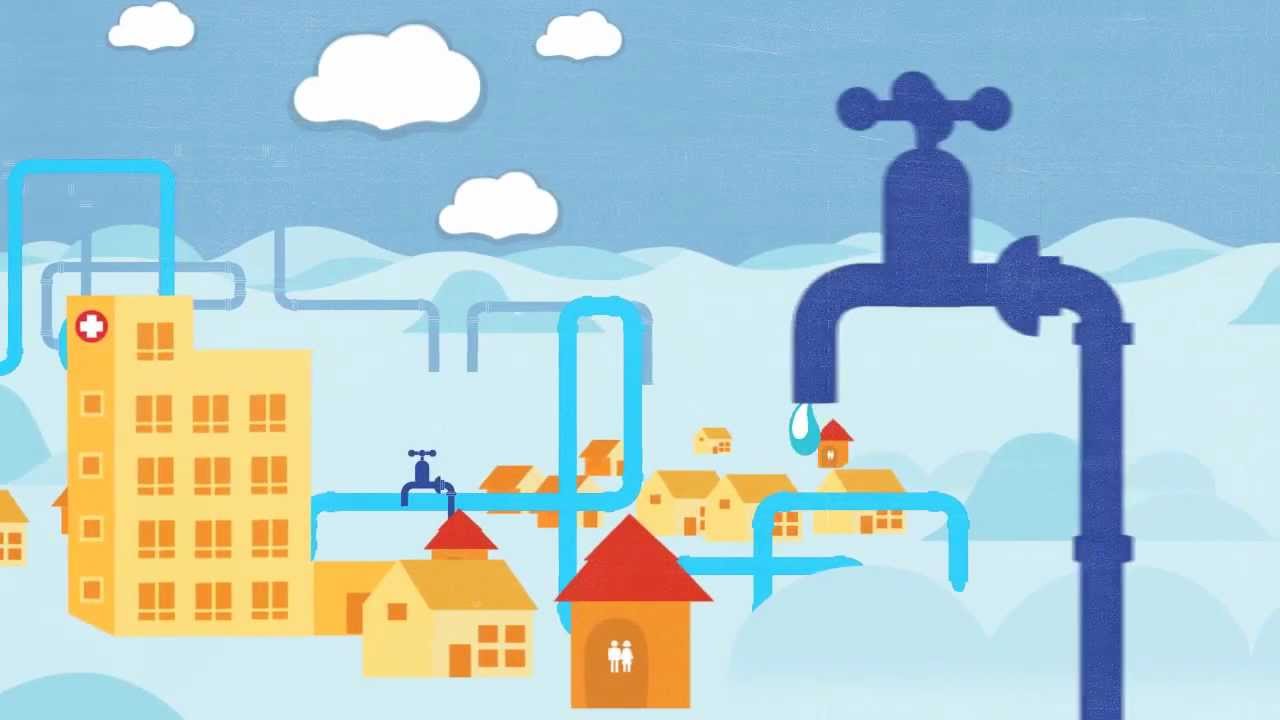
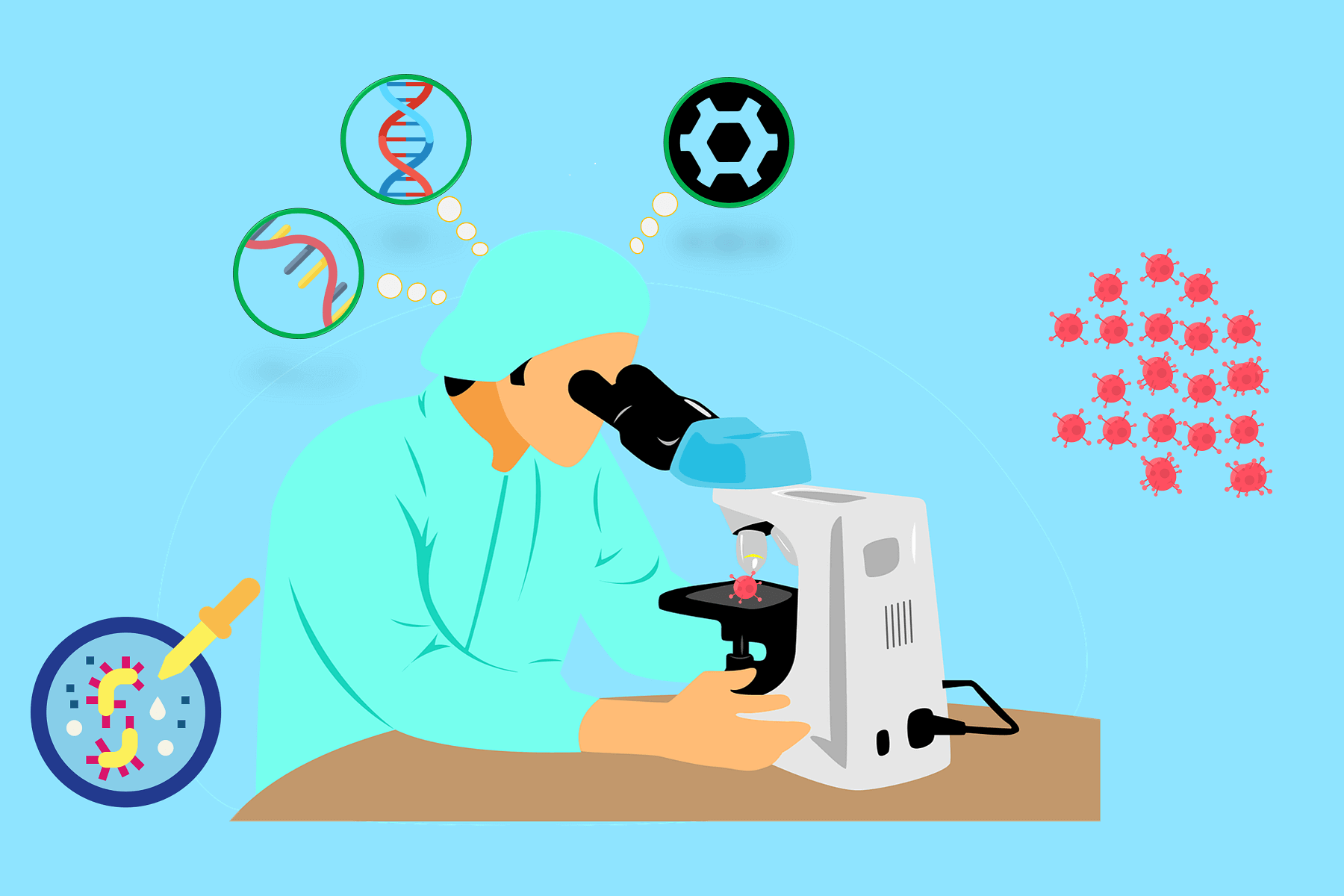
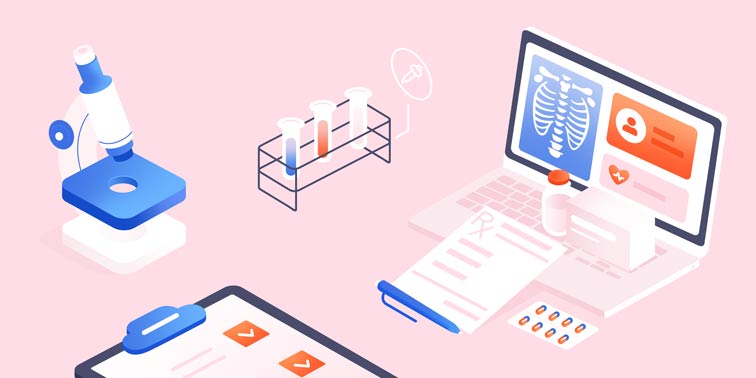




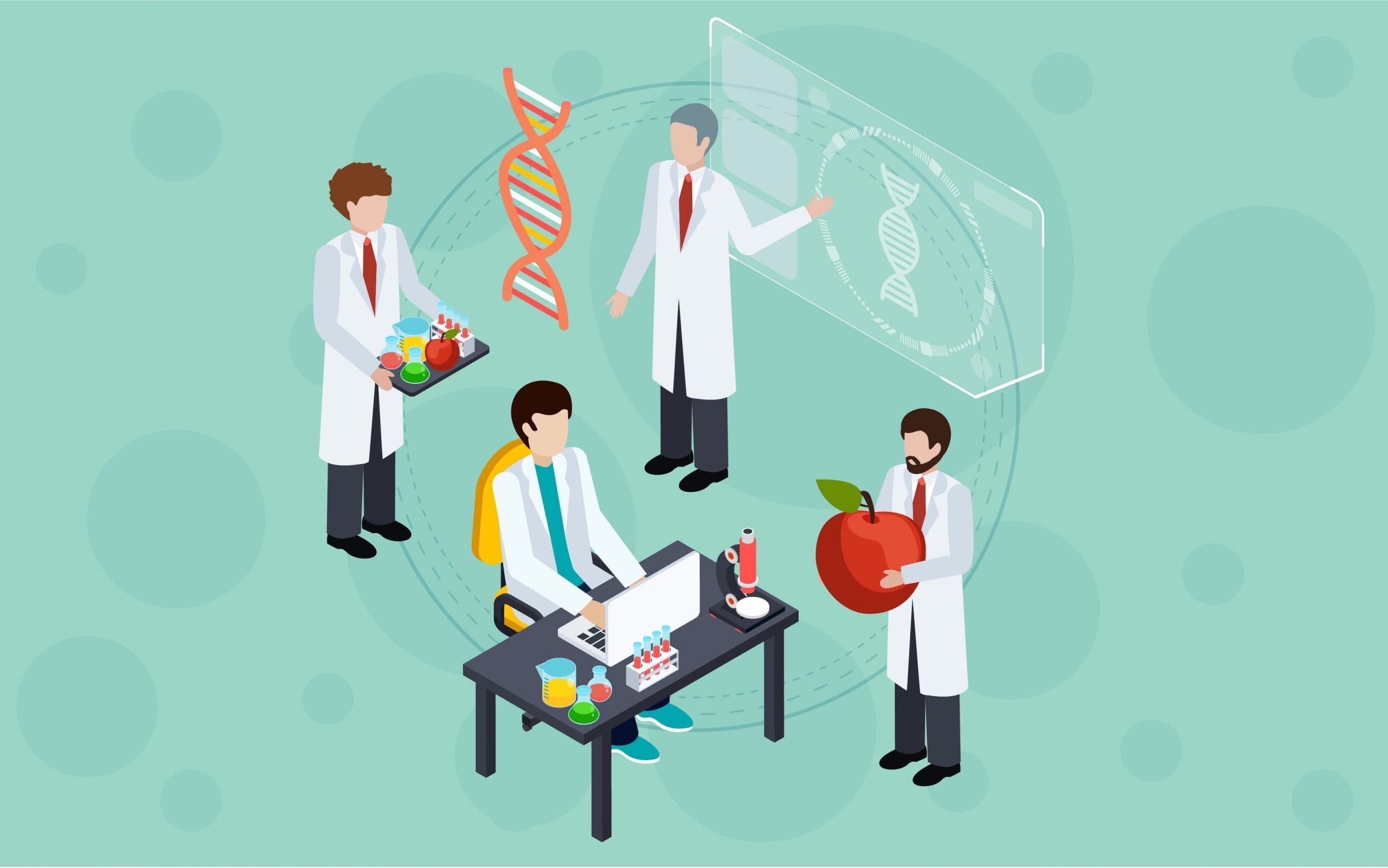



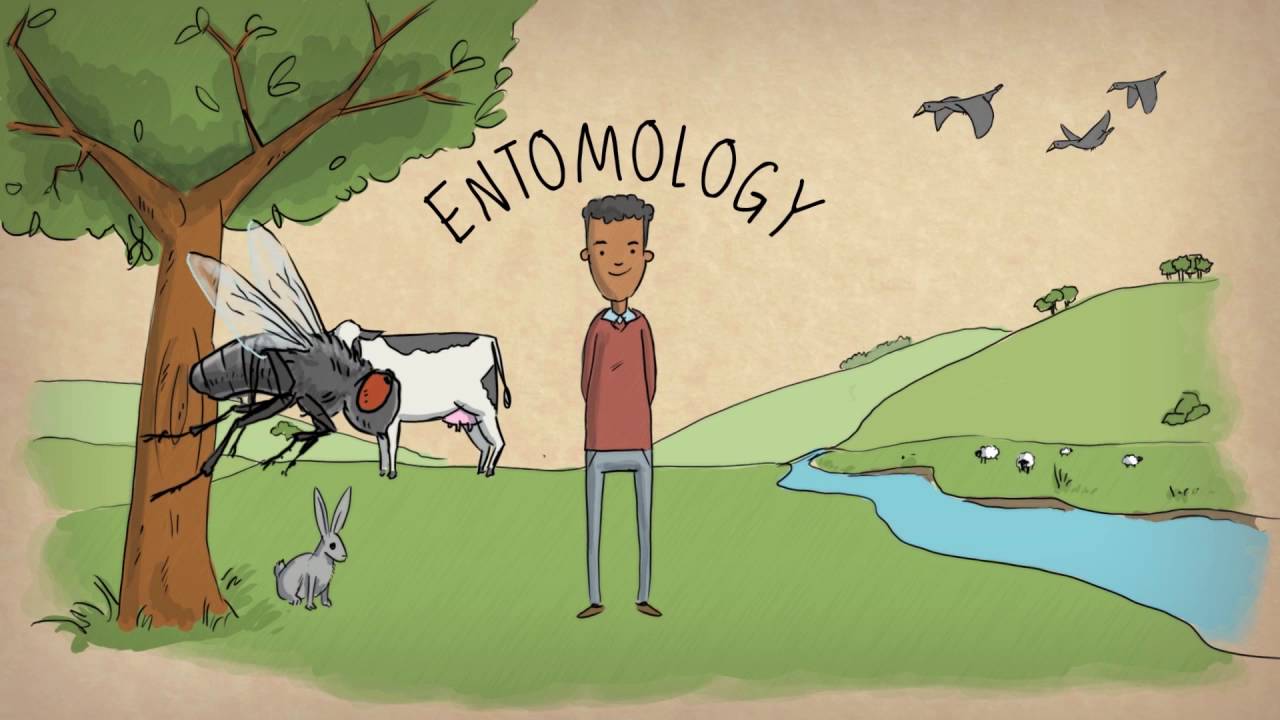

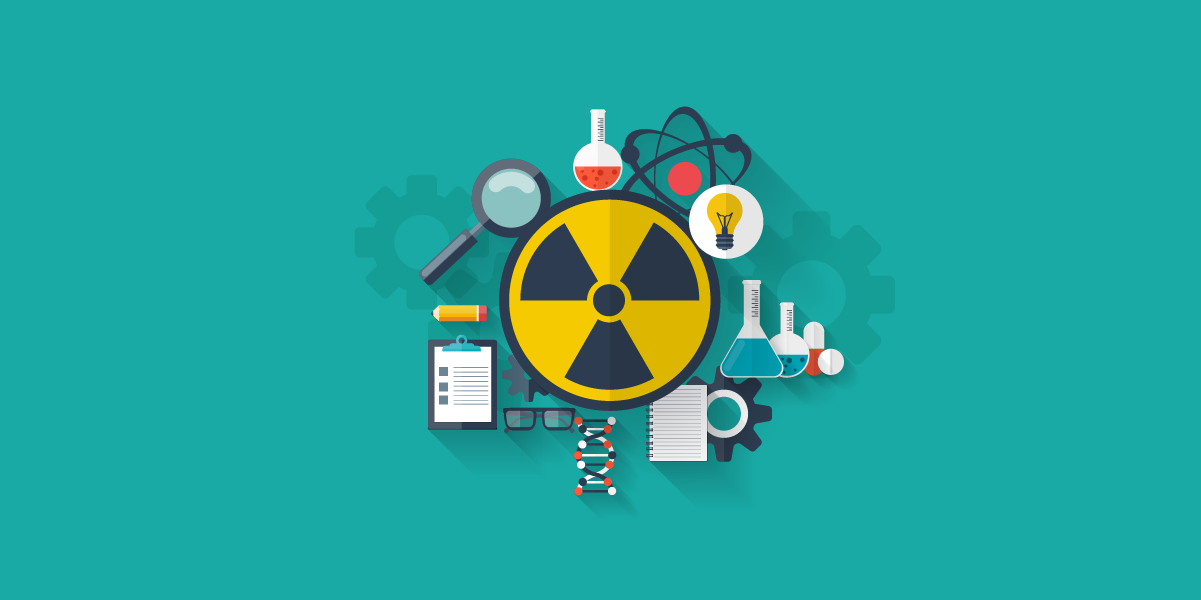
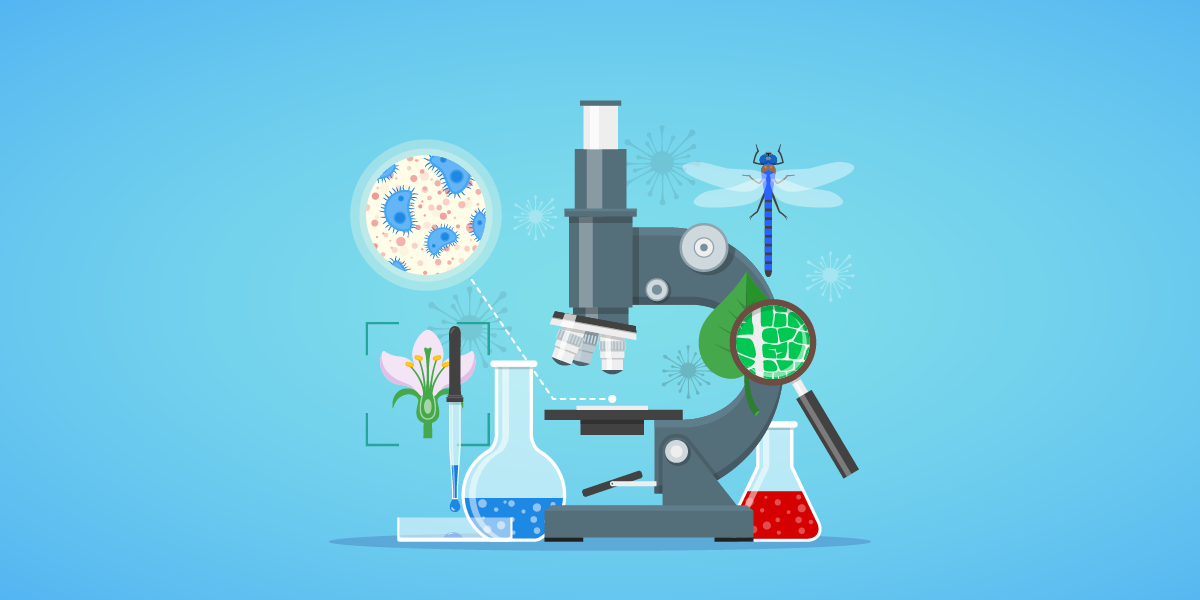


Virologists are healthcare scientists that specialize in the study of viral infections such as rubella, herpes, hepatitis, and HIV. They focus on the identification and characterization of viruses that cause infection. They may also be involved in the screening of select populations that are at risk of infection from specific viral diseases.
Successful virologists are able to collaborate with other medical staff in order to perform their duties effectively.

7
8
Avg. Wages For Related Jobs
$30000
$40000
$50000
$60000
$70000
$80000
$90000
$100000
$110000
Biological science teachers, postsecondary
Biomedical engineers
Biological technicians
Biological scientists, all other
Source: Bureau of Labor Statistics
Oct 20, 2021
Show Me Schools
View 10 Popular Schools »
Virologists study viruses that affect humans, animals, insects, bacteria, fungi, and plants in community, clinical, agricultural, and natural environments. Virologists typically work in research or teaching, and many split their time between these two activities. Virologists may also work as science writers or pursue additional training to work in pharmaceutical business or law. Researchers may be employed by universities, government agencies, or health organizations. Some virologists work in industry research and develop new medications.
Medical doctors focusing on virology may carry out clinical research or work with patients afflicted with viruses. Virology researchers work under a broad range of issues including viral pathology, viral oncology, emerging viruses, virotherapy, viral replication, virus-cell interactions, and plant virology.
Because virologists work with infectious microorganisms, there is a small risk of illness, but preventative measures minimize that risk. Virologists work in office and laboratory settings, though a few may take samples in the field. Virologists, like other microbiologists, work on a full-time basis and usually collaborate with other scientists.
| Degree Level | M.D. and/or Ph.D. with postdoctoral training |
| Degree Field | Virology, molecular virology, viral oncology, immunology |
| Licensure | Virologists with M.D. degrees must earn medical licenses |
| Experience | 3-5 years postdoctoral research experience |
| Key Skills | Observation, communication, analysis, critical thinking, reasoning, problem solving, perseverance, scientific and medical software, which may include: BD Biosciences CellQuest, Protein Explorer, Computer Service & Support CLS-2000 Laboratory System, Orchard Software Orchard Harvest LIS, TreeView, and Verity Software House ModFit LT, laboratory equipment and tools, which may include: air samplers or collectors, infrared spectrometers, analyzing equipment, and sterilizing equipment |
| Salary (2014) | $187,199 was the median for various types of physicians and surgeons; $67,790 was the median for microbiologists |
Sources: American Society for Virology, Virology doctoral and postdoctoral programs, U.S. Bureau of Labor Statistics, ONet Online
Virology is not typically offered as a bachelor's degree major. Because a strong science background is essential, most aspiring virologists major in biology, chemistry, or a related science as undergraduates. Coursework that includes organic chemistry, inorganic chemistry, biology, cell biology, biochemistry, microbiology, physics, mathematics, English, humanities, and social science can prepare students for graduate degree programs in virology.
Success Tips:
Medical schools require applicants to take the Medical College Admission Test (MCAT). Virology Ph.D. programs may require the Graduate Record Examination (GRE).
Success Tip:
In general, Ph.D. programs in virology, immunology, or a relevant field take 4-6 years to complete and are very research oriented. During the first year, students usually take science courses such as cell biology, virology, bacteria structure, prokaryotic and eukaryotic genetics, immunology and cancer biology, as well as complete lab rotations. Laboratory work and research for the dissertation become intensive in the second year. Qualifying exams and teaching experience are typically required in the second or third year, and the rest of the time is devoted to researching and writing the dissertation. Possible research areas include environmental virology, parasitology, pediatric viral infections, HIV vaccination development, and cancer suppression techniques.
For those taking the medical school route, their first two years are focused on coursework and lab work covering topics like anatomy, pharmacology, and biochemistry. The last two years are characterized by clinical rotations throughout major medical departments including pediatrics, surgery, and family medicine.
Success Tip:
Graduates from medical school must complete additional residency requirements that usually last three years. Aspiring virologists often complete their residencies in pediatrics or internal medicine.
Individuals who want to work in virology research are typically required to complete an additional 3-5 years of postdoctoral research training, often called a fellowship, after graduating from Ph.D. programs or completing their medical residencies. In addition to carrying out research in their area of interest, postdoctoral students attend research retreats, seminars, and symposiums to learn additional skills to succeed as researchers, such as teaching and presentation skills. Fellows are typically required to participate in a journal club to share research findings. They may also elect additional graduate courses in virology topics or take a grant writing course.
Virologists with M.D. degrees must be licensed in order to work as clinical virologists. After completing medical school and residency requirements, they must pass the U.S. Medical Licensing Examination (USMLE) tests. States may have additional requirements. The license must be renewed periodically, requiring continuing education and professional development activities.
Virology is an ever-expanding field with new developments that can cause drastic changes. Therefore, it is essential to remain apprised of advances in research. Organizations such as the Pan American Society for Clinical Virology (PASCV) and the American Society for Virology (ASV) are good organizations to look into regarding seminars, symposiums, and networking opportunities.
Next: View Schools
According to the U.S. Bureau of Labor Statistics, the job prospect for virologists is projected to increase by 11 % between 2006 and 2016. The Bureau of Labor Statistics (BLS) further stated that there will be a 10% increase in demand for epidemiologists trained in areas such as virology, by 2022. In the field of environmental science, specialists will experience a 15% increase in job demand in the same period. And microbiologists will see a 7% increase in job demand.
Virologists who are well trained in statistics also should see excellent job demand, with a huge 27% increase in jobs for statisticians by 2022.
The employment opportunity for virologists looks good, more so, with the appearance of new viruses every day and the process of constant research.
| New and old viruses as causative agents of emerging epidemics |
| New vaccines under investigation |
| New anti-viral agents in the paediatric clinical practice |
| Complexity of the special group of patients |
| New technology methods in neonatal and paediatric care |
| Increased clinical, research and educational needs |
| Subspecialty or special interest? |
| Jobs limitations |
| Clinical or basic sciences research orientation? |
| Subspecialty of Paediatrics or Microbiology or Internal Medicine? |
| Subspecialisation educational problems of the past |
Call us at +91 9205084085, Monday - Friday, 9 am - 7 pm


